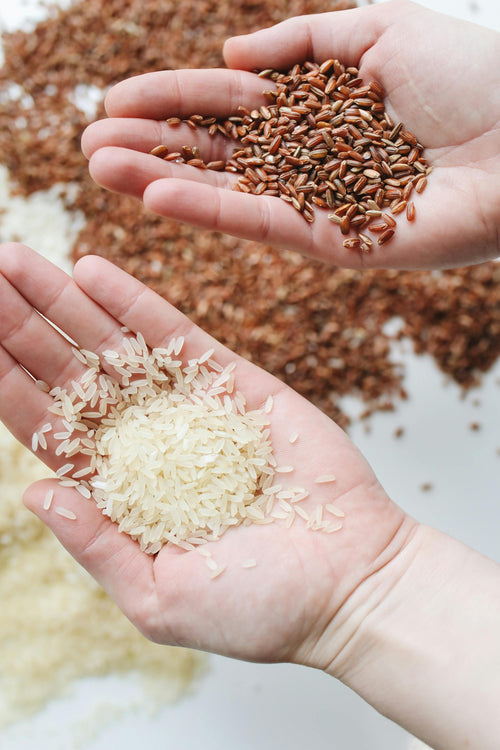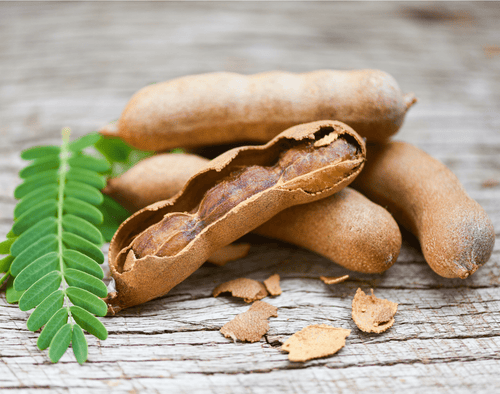What to remember:
- Papaya is a fruit from the papaya tree native to America and Asia
- It is full of powerful antioxidants but also rich in fiber and vitamins.
- Papaya is consumed for its digestive and immune-boosting properties.
- It is important to respect the recommended daily doses as well as the contraindications
What is Papaya?
Papaya or carica papaya is the fruit that can be eaten from the papaya tree. This tree is native to Mexico and more widely to Central and South America, the West Indies and also Asia. This fruit is rich in fiber , vitamins (especially vitamin A: beta-carotene) and antioxidants but also in latex (bark and pulp) containing two enzymes, papain and chymopapain. Just like the bromelain contained in pineapple, these enzymes help digest proteins.
The benefits and virtues of papaya
Due to its composition and active ingredients, papaya has many benefits for the body, particularly digestive and immune benefits.
Papaya and digestive comfort
Papain leads to an increase in the production of digestive enzymes, particularly those that cut proteins. This would reduce digestion time and thus facilitate digestive comfort . At the level of the intestinal microbiota , this causes a favorable modification of the composition in order to facilitate the journey of food within the digestive system while supporting the development of good microorganisms also called probiotics within this flora . In addition, the modulation of the microbiota would allow better absorption of nutrients and therefore better health of the body.
Papaya and the immune system
The antioxidants and enzymes in papaya have powerful benefits for regulating the immune system . Indeed, antioxidants such as alkaloids, phenolic compounds, flavonoids, carotenoids, tannins, and saponins promote anti-inflammatory and immunomodulatory activity by regulating the production and accumulation of toxic compounds within the body, thus preventing the increase in oxidative stress. In addition, by supporting the intestinal microbiota, papaya helps promote the production of immune compounds, thus protecting the body from pathogens. This prevents the onset of a weak immune system .
Indications and dosage of Papaya
Papaya supplementation is mostly in capsule form using either the leaves, pulp or the whole fruit.
The recommended daily intake of papain is 100 to 150 mg per day, however, this is minimal in the pulp of the ripe fruit if consumed as is. Therefore, to benefit from the benefits of this fruit, supplementation is recommended.
However, it is not recommended to consume papaya supplements if you suffer from an allergy to papaya, papain, bromelain, latex or more generally to plants of the Caricaceae family.
Bring Papaya to your body with DIJO
We have integrated papaya into the formulation of our Easy Digestion product to promote better digestion, particularly of fats, and to limit digestive discomfort. Thanks to its papaya and chromium content , this small, one-off product is the ideal ally for regaining a feeling of lightness, fighting post-meal fatigue and regaining digestive well-being during large or difficult-to-digest meals! Indeed, at DIJO, we are committed to improving your daily life and this little joker is the perfect example to take everywhere with you.
This treatment should be taken as part of a balanced lifestyle in order to observe profound and lasting effects.
Not a substitute for a varied and balanced diet and a healthy lifestyle. Keep out of reach of young children. Do not exceed the recommended daily dose. Not recommended for pregnant or breastfeeding women.
Sources :
[1] Kostiuchenko O, Kravchenko N, Markus J, Burleigh S, Fedkiv O, Cao L, Letasiova S, Skibo G, Fåk Hållenius F, Prykhodko O. Effects of Proteases from Pineapple and Papaya on Protein Digestive Capacity and Gut Microbiota in Healthy C57BL/6 Mice and Dose-Manner Response on Mucosal Permeability in Human Reconstructed Intestinal 3D Tissue Model. Metabolites. 2022 Oct 26;12(11):1027. doi:10.3390/metabo12111027. PMID: 36355110; PMCID: PMC9696696.
[2] Santana LF, Inada AC, Espirito Santo BLSD, Filiú WFO, Pott A, Alves FM, Guimarães RCA, Freitas KC, Hiane PA. Nutraceutical Potential of Carica papaya in Metabolic Syndrome. Nutrients. 2019 Jul 16;11(7):1608. doi:10.3390/nu11071608. PMID: 31315213; PMCID: PMC6682863.
[3] Saurabh Pandey, Peter J. Cabot, P. Nicholas Shaw & Amitha K. Hewavitharana (2016) Anti-inflammatory and immunomodulatory properties of Carica papaya, Journal of Immunotoxicology, 13:4, 590-602, DOI: 10.3109/1547691X.2016.1149528















